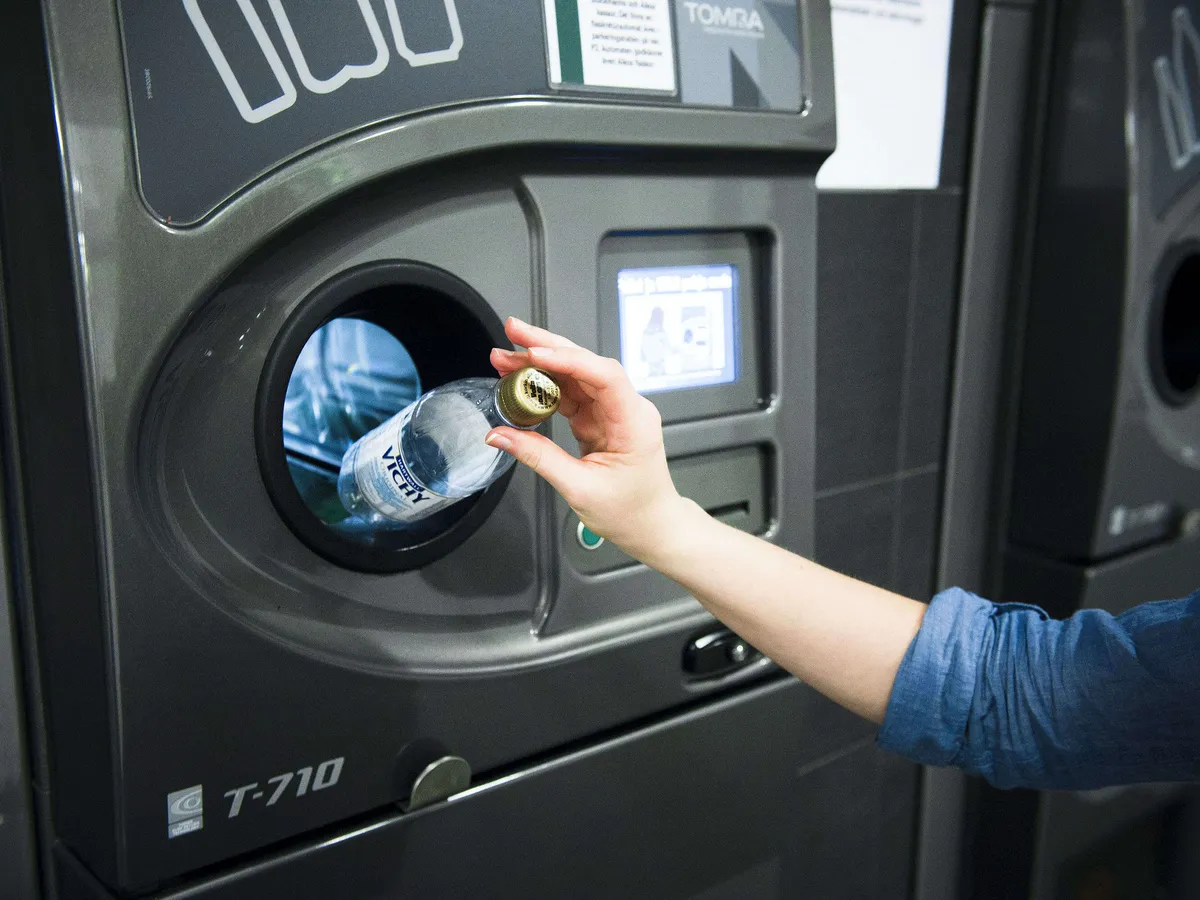Center MEP Elsi Katainen considers the demand for a parallel return system to be unreasonable. Miapetra Kumpula-Natri of the Social Democrats says she only heard about the problems with the return system when the proposal had already left the parliament’s desk.
In Wednesday’s vote, the European Parliament will give its final seal to the EU’s packaging waste regulation. It seems unlikely that the parliament would overturn the so-called trilogy negotiation result, even if the Finnish beverage industry hopes so.
The new EU regulation remains problematic for the Finnish mortgage system.
The regulation on packaging and packaging waste requires that from 2030, ten percent of drinks should be sold in reusable packaging.
The obligation primarily targets the brewing industry, as an exception was granted in the negotiations for wines, milk and perishable beverages.
The Finnish food industry is of the opinion that the regulation causes costs of hundreds of millions of euros and leads to the creation of two parallel bottle return systems.
MEP from the center Mauri Pekkarinen intends to vote against the regulation.
“The most progressive operators in Europe are being punished. In Finland, 84–97 percent of these materials are already recycled,” Pekkarinen stated on Tuesday in Strasbourg.
Pekkarinen’s colleague Elsi Katainen (Centre) has not yet decided whether he is going to vote against the regulation or not.
“The Finnish bottle return system is a great innovation that should be a model for the whole of Europe. Now a new system should be built alongside it. This is absolutely absurd.”
In Finland, drink packages on deposit are currently circulating as a raw material. The packages are flattened or crushed. Their raw material is used as new packaging or other products. Reusable packaging does not fit into this model, but requires a separate sorting and logistics system.
Social Democrats Miapetra Kumpula-Natrin thinks the case is a “textbook example” of lobbying that happened too late.
“I heard about the problems with the bottle return system only after the regulation was already out of Parliament’s hands. I had been working with this regulation for many years at that point.”
Relief from the implementation instructions?
With the help of the regulation, the EU aims to reduce the generation of packaging waste, set binding reuse targets and limit certain types of single-use packaging.
The negotiators of the Parliament and the Council reached an agreement on the details of the regulation in March.
In the negotiations, the regulation went in a good direction from the point of view of the Finnish forest industry. The commission originally wanted to ban the use of disposable containers when eating inside restaurants and cafes. There was no such ban.
The head of Rkp Nils Torvalds intends to vote in favor of the final approval of the packaging waste regulation, because he fears that if the regulation were to go back to the drawing board, the end result would be even worse than the current one.
“The negotiations succeeded in correcting the interests of the wood processing industry. Therefore, I urge my colleagues to think twice before voting against this.”
MEP of the Greens Ville Niinistö says that the Finnish MEPs worked hard to ensure that cardboard packaging was taken into account in the negotiations. In his opinion, the regulation is overall a good step towards more sustainable packaging.
“It has remained a bit unclear whether a parallel bottle return system needs to be created. I think that this question can still be solved in practice with executive guidance quite a lot.”
Finland could get an exception to the regulation if the overall plastic recycling rate was 50 percent. Currently, it is 30 percent.
Administering recycling systems for pledged beverage packaging Palpa has considered it unfair that the high return rate of deposit bottles is confused with the low return rates of other plastics.
MEP of the coalition Henna Virkkunen says that the packaging waste regulation in its original form was a big threat to bio-based production. However, it could be changed much better.
“All other points have been brought to a good standard in the processing, except for the bottle deposit system. In the national implementation, we must strive to ensure that we are able to utilize the effective Finnish model.”
